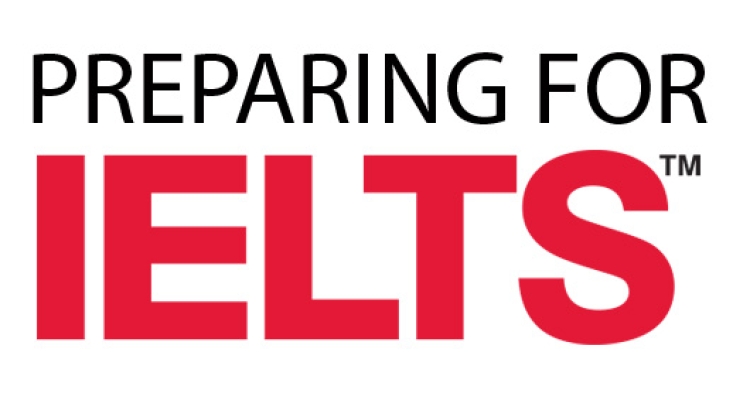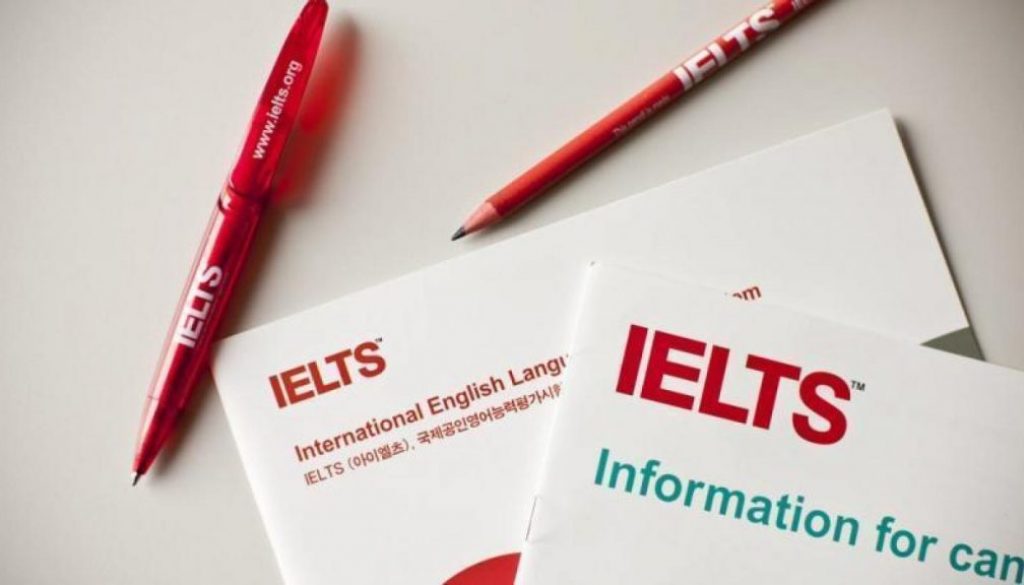
Success in IELTS Exam
IELTS (The International English Language Testing System) is the primary English language entry requirement for admission to educational institutions in the UK, Australia, and New Zealand. It is also gaining popularity in the US and Canada, where more than 2000 organizations accept IELTS. In European countries such as Germany, the Netherlands, and Belgium, IELTS scores are also increasing.
As worldwide IELTS exam preparation courses in Turkey are designed to prepare students for the exam by focusing on four modules: listening, reading, writing and speaking. These courses not only improve your grammar and vocabulary but also improve your exam technique.

IELTS Exam Preparation
As with all exams, awareness is very important for the IELTS exam. You have a good understanding of the parts of the IELTS exam, what is included in the content and how the exam is conducted. Some people who take the exam rely only on their level of English and can take the exam without knowing about the exam and its content. Or they may find it difficult to find information about the IELTS exam even if they want to have information, so they take the exam without knowing what awaits them.
So the first thing you need to do is to learn more about the exam. For this purpose, it is useful to review the IELTS website or purchase current books on the IELTS exam.
Practice
The number one rule of success in the IELTS exam is to practice as much as possible. Work on your overall level of English; read numerous academic and general texts; read English newspapers and magazines; Watch movies and thus improve your listening.
Time management
You must use time well for exam success. So focus on time management. Create a progress chart for yourself. So everything is under control. Over time, you can see your real progress and concentrate on problem areas.
Be Positive
It is important to maintain your positive mood for success in the IELTS exam as well as in all areas of your life. Trust yourself. Don't let insecurity interfere with all your hard work. If you make a mistake, continue. Find a 'colleague' and practice with him. You don't even have to be in the same place. You can practice with a friend using Skype, instant messaging, or Google Hangout.
Improve Your Vocabulary
Increase your vocabulary. Word lists are a good way to learn. Mind maps, word association, image matching, synonyms and antonyms and placing words in context will help you memorize words. For example, if you are learning food, think about where you buy it. Then imagine buying food or ordering food at a restaurant and use new words in sentences. You can even play it with your colleague. For example, you become a waitress and your friend is a customer. You can use your post-it and your phone to store word lists, or you can carry a small vocabulary book with you.
Listening Tip
Take a look at the questions to guess what the topic will be about before listening to the exam. So you have an idea of what to hear. Use the allowed time to remove the topic from the replies.
Reading Section Tip
Read the questions first. Identify the keywords, and then scan the text for answers.
Tip for Writing
Be sure to include paragraphs and use words in a variety of ways. Most importantly, answer the experiment questions and stick to the topic. When you're done, check the number of words.
Speech Section Tip
Try to answer the questions fully. Give your opinion and then list the reasons and give examples to support it. If you do not understand a question or word, tell the auditor and ask for an explanation.
Finally, do not leave any spaces in the exam. If you don't know, try to guess the answer.








